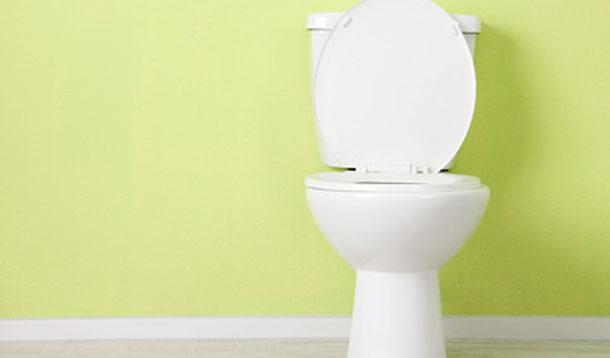
I never flush and I never will. Flushing is a terrible habit that does more harm than good and you need to know why.
Now, before you get unpleasant visions in your head or close your browser window due to squeamishness, let me make it clear what I'm talking about (because it's probably not what you are thinking).
I NEVER flush pharmaceuticals, hygiene products, hazardous waste or oils down the toilet and I never wash them down the drain.
Now that we have that out of the way, let's talk about why flushing and/or washing these things down the drain is a bad idea.
The Ontario Clean Water Agency (OCWA) and the Clean Water Foundation (CWF) — in conjunction with The Regional Municipality of York, the Region of Peel and the Health Product Stewardship Association, recently launched the I Don't Flush public awareness campaign. The purpose of the campaign is to educate the public on this problem and ask them to return their unused/unwanted medications back to the pharmacy as opposed to flushing them down the toilet or drain, or throwing them in the garbage.
Twenty five per cent of Canadian households have unwanted, or expired medications and half of these households have also disposed of their medications the wrong way. Canadians spend more than $2.5 billion every year treating drinking water and wastewater, and we spend hundreds of millions more dealing with environmental and health problems related to water pollution, so why not cut back on that cost by doing something to help it? To me, the fact that we are spending hundreds of millions on environmental and health related problems is kinda scary and it is something I think we can absolutely cut back on if we all take part in the solution.
Flushing pharmaceuticals can contribute to the contamination of our water sources and it's common to detect traces of pharmaceuticals in our surface water, groundwater, drinking water and soil. According to the I Don't Flush website:
"The potential human health risks associated with minute levels of pharmaceuticals in water in general and drinking water in particular is small; however, taking preventative action by disposing of pharmaceuticals safely helps protect our drinking water sources over the long term."
But still. Like I always say, better safe than sorry.
In addition to pharmaceuticals, there are other things you should never flush or wash down a drain. If you do, here is how you can properly dispose of them going forward.
Most pharmacies will take back expired or unused medications or over-the-counter drugs. Visit www.healthsteward.ca to find a local pharmacy that can help you out.
These items will over time clog your home's drains and/or damage your city's drains and cause backups. Many of these things can go into the garbage, but some should be sent to a special drop-off location where they can be properly disposed of. Check with your city for specific info if you are not sure.
Things covered in the hygiene product category:
Just from the name, you already know that these products contain toxic chemicals so they are things you don't want in your water system. Each of these items require special disposal instructions, so please check with your city to find out the proper way. Before purchasing some of these things, try going the more natural route by using products, such as cleaners, that are better for you and the environment.
Things covered in the hazardous waste category include:
When these things are warm, they are runny and tempting to just rinse down the drain, but when they get into our drains and sewage systems, they become very cold and you know what happens to most fats, oils, and grease when they are cold: they harden. When hardened, guess what happens to drains and sewage systems? They get clogged. Take a look at what happened to a London sewer because of fats being poured into the drain.
Here are some excellent tips from the I Don't Flush website on proper disposal of fats, oils, and grease:
Keeping our water system clean requires each and every one of us to do our part. Yes, it may require a little extra work, but it's totally doable and helps to create a healthier future and environment for you and your family.
Want more? Learn how to properly dispose of your old car tires and how to choose the best eco-friendly dishwasher detergents.